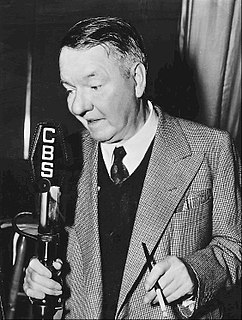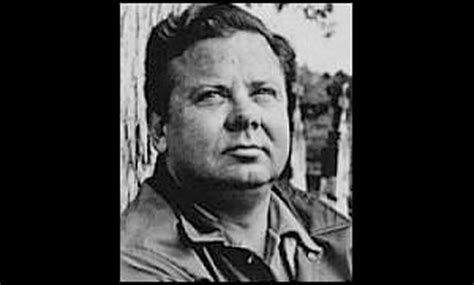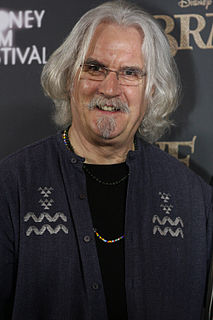A Quote by William Faulkner
To the man grown the long crowded mile of his boyhood becomes less than the throw of a stone.
Related Quotes
I learned that it is better, a thousandfold , for a proud man to fall and be humbled, than to hold up his head in his pride and fancied innocence. I learned that he that will be a hero, will barely be a man; that he that will be nothing but a doer of his work, is sure of his manhood. In nothing was my ideal lowered, or dimmed, or grown less precious; I only saw it too plainly, to set myself for a moment beside it.
I came across a photograph of him not long ago... his black face, the long snout sniffing at something in the air, his tail straight and pointing, his eyes flashing in some momentary excitement. Looking at a faded photograph taken more than forty years before, even as a grown man, I would admit I still missed him.
I don't think I'm wrong when I say that the most beautiful objects of the "stone age" were made of skin, fabric, and especially wood. The "stone age" ought to be called the "wood age." How many African statues are made of stone, bone, or ivory? Maybe one in a thousand! And prehistoric man had no more ivory at his disposal than African tribes. Maybe even less. He must have had thousands of wooden fetishes, all gone now.
If idioms are more to be born than to be selected, then the things of life and human nature that a man has grown up with--(not that one man's experience is better than another's, but that it is 'his.')--may give him something better in his substance and manner than an over-long period of superimposed idiomatic education which quite likely doesn't fit his constitution. My father used to say, 'If a poet knows more about a horse than he does about heaven, he might better stick to the horse, and some day the horse may carry him into heaven'
Every man is rich or poor according to the proportion between his desires and his enjoyments; any enlargement of wishes is therefore equally destructive to happiness with the diminution of possession, and he that teaches another to long for what he never shall obtain is no less an enemy to his quiet than if he had robbed him of part of his patrimony





































